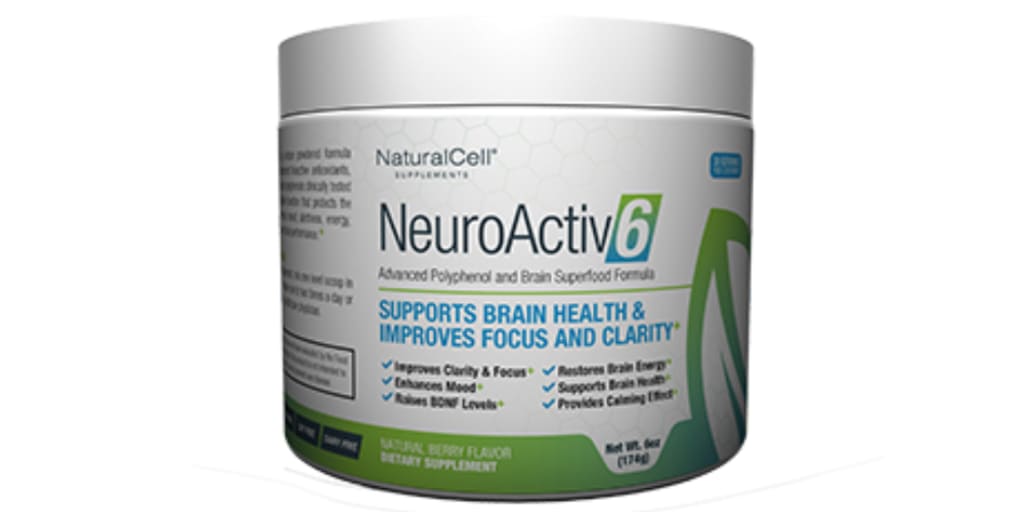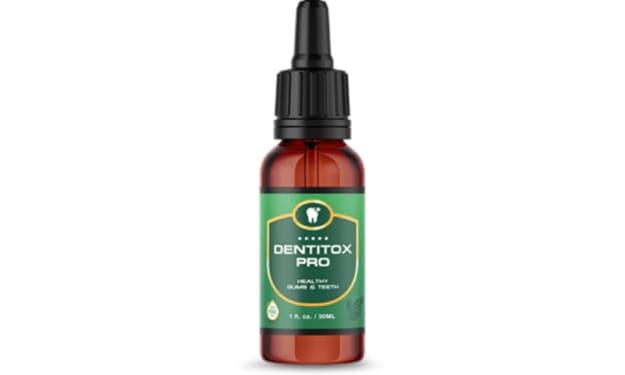
Click here to get Neuroactive6 from Digistore24
Common Types of Neuroactive Supplements
Nootropics: Often referred to as "smart drugs" or cognitive enhancers, nootropics aim to improve functions such as memory, creativity, and motivation. Examples include:
Caffeine: Found in coffee and tea, it is a well-known stimulant that can improve alertness and focus.
L-Theanine: An amino acid found in tea, often paired with caffeine to enhance cognitive performance and reduce anxiety.
Piracetam: A synthetic compound believed to enhance memory and learning, though its effectiveness is still debated.
Adaptogens: These help the body adapt to stress and maintain balance. Common adaptogens include:
Rhodiola Rosea: A herb that can help reduce fatigue and improve mental performance during stressful situations.
Ashwagandha: An ancient medicinal herb that may reduce stress and anxiety while boosting brain function.
Omega-3 Fatty Acids: Essential fats found in fish oil and certain plant oils crucial for brain health. Omega-3s, such as DHA (docosahexaenoic acid) and EPA (eicosapentaenoic acid), support brain cell structure and function.
Antioxidants: These protect the brain from oxidative stress, which can damage cells. Examples include:
Vitamin E: An antioxidant that may help protect brain cells from damage and support cognitive function.
Resveratrol: Found in red wine and grapes, this compound have protective effects on the brain.
Choline Supplements: Choline is a nutrient important for brain health, particularly in producing acetylcholine, a neurotransmitter involved in memory and learning. Sources include:
Alpha-GPC: A choline compound that is well-absorbed and can enhance cognitive function.
CDP-Choline (Citicoline): Another form of choline that supports brain health and cognitive performance.

Click here to get Neuroactive6 from Digistore24
Benefits of Neuroactive Supplements
Enhanced Cognitive Function: Many neuroactive supplements aim to boost various aspects of cognition, including memory, attention, and problem-solving skills. For example, caffeine is widely used to improve alertness and concentration.
Mood Improvement: Some supplements can positively affect mood by increasing neurotransmitters like serotonin and dopamine. For instance, St. John’s Wort is often used to alleviate symptoms of depression.
Stress and Anxiety Reduction: Adaptogens like Rhodiola Rosea and Ashwagandha help the body manage stress and reduce anxiety, promoting a sense of calm and well-being.
Neuroprotection: Antioxidants and omega-3 fatty acids can protect the brain from damage caused by oxidative stress and inflammation, potentially reducing the risk of neurodegenerative diseases like Alzheimer’s and Parkinson’s.

Click here to get Neuroactive6 from Digistore24
Potential Risks and Side Effects
While neuroactive supplements can offer benefits, they may also come with risks and side effects, especially if not used properly. Some common concerns include:
Interactions with Medications: Some supplements can interact with prescription medications, leading to adverse effects. For example, St. John’s Wort can reduce the effectiveness of certain antidepressants and birth control pills.
Overstimulation: High doses of stimulants like caffeine can cause jitteriness, anxiety, and insomnia.
Long-Term Safety: The long-term effects of many neuroactive supplements are not well-studied. For instance, the safety of prolonged use of synthetic nootropics like Piracetam remains uncertain.

Click here to get Neuroactive6 from Digistore24
Choosing the Right Neuroactive Supplements
When selecting neuroactive supplements, consider the following tips:
Research: Look for scientific evidence supporting the supplement’s effectiveness and safety. Peer-reviewed studies and clinical trials provide valuable insights.
Consult Healthcare Professionals: Speak with a doctor or a nutritionist before starting any supplement, especially if you have existing health conditions or are taking other medications.
Start Slow: Begin with the lowest effective dose and monitor how your body responds. This approach helps minimize potential side effects.
Check Labels: Ensure the product is from a reputable manufacturer, and look for third-party testing or certifications to verify quality and purity.
Conclusion
Neuroactive supplements offer promising benefits for brain health and cognitive function. By understanding how these supplements work, their potential benefits, and associated risks, you can make informed decisions about incorporating them into your health regimen. Always prioritize safety, quality, and professional guidance when choosing neuroactive supplements to support your mental well-being.
About the Creator
josephine njehu
I am a sales, marketing, and administrative professional who has worked for over 10 years in office jobs and have experience in marketing and marketing products as well as administration. I am now exploring working as an online freelancer.






Comments
josephine njehu is not accepting comments at the moment
Want to show your support? Send them a one-off tip.